Sustainability & circular solutions in wastewater management
By Edit Team | September 7, 2023 12:48 pm SHARE

The wastewater treatment industry is expanding due to urbanisation and environmental concerns.
Technologies such as membrane filtration and advanced oxidation are transforming wastewater management. Circular economy principles and resource recovery enhance sustainability and offer cost savings.
The wastewater treatment industry is expanding significantly, driven by influential factors that promise remarkable investment opportunities for cutting-edge technologies. This article delves into the driving forces behind this growth and the evolving landscape of wastewater treatment, highlighting the impact of emerging technologies, tailored regional approaches, and embracing circular economy principles for sustainable and cost-effective solutions.
Subhash Sethi, Chairman of SPML Infra Limited, points out that the surge in water demands is primarily fueled by rapid urbanisation, population growth, and increased commercial activities. This phenomenon has led to water stress becoming a critical issue in Indian cities. To combat this challenge, water utilities are exploring innovative avenues, such as treated wastewater reuse, backed by state and municipal initiatives. Beyond the environmental and health benefits, reclaimed wastewater can serve as a dependable resource for various industries, alleviating freshwater scarcity.
Priyanka Khaire, Deputy Manager at Organica Biotech, identifies several crucial drivers in the industry. Stricter environmental regulations have compelled industries to seek more efficient wastewater solutions, aligning with corporate social responsibility goals. Furthermore, advancements in biotechnology, IoT monitoring, AI optimisation, and other breakthroughs are reshaping the sector. Growing public environmental consciousness is also pushing industries to adopt eco-friendly practices. The simultaneous expansion of urban areas and industrial activities underscores the necessity for effective wastewater management solutions.
Meeting the challenge with innovative technologies
Mandar Vaijnapurkar, Head of Drives Sales, Marketing & Services at Danfoss India highlights the surging drinking water consumption and untreated wastewater concerns. Inadequate treatment affects billions of people and poses sustainability and environmental risks. Governments, including India, have imposed rigorous effluent treatment rules, driving demand for advanced treatment solutions such as membrane separation and disinfection technologies. Novel methods like advanced oxidation and electrochemical treatment promise transformative outcomes, reducing energy consumption and bolstering contaminant removal. Investment in cutting-edge membranes and separation processes offers superior water recovery rates and reduced maintenance costs, enhancing the wastewater treatment landscape.
Subhash emphasises the transformative impact of modern wastewater treatment technologies like membrane filtration, advanced oxidation, biological nutrient removal, and ion exchange systems. These technologies make wastewater treatment more efficient and sustainable by effectively removing contaminants such as heavy metals, chemicals, and microplastics and reclaiming water for reuse.
Priyanka adds that while each technology has unique strengths, they also come with challenges. In advanced oxidation processes, membrane fouling, energy consumption, and the potential for harmful byproducts require careful consideration. In contrast, biological nutrient removal stands out for its natural microbial processes, energy efficiency, and positive impact on water bodies. She explains that Organica Biotech integrates this technology with remarkable success by utilising specialised microbial consortia. These microorganisms combine to break down complex compounds, particularly key nutrients like nitrogen and phosphorus.
In the same vein, Mandar notes the transformative impact of these technologies. He emphasises that membrane filtration, operating at a molecular level, and advanced oxidation processes using ozone and UV treatments reshape wastewater management with their efficiency and ecological benefits.
Driving efficient and sustainable wastewater treatment through evolving environmental regulations
Biological nutrient removal steps in to prevent excessive nutrient dumping into water bodies. By employing naturally occurring microorganisms, it scrubs out nitrogen and phosphorus. This eco-friendly approach also has a nifty bonus: it generates energy-rich byproducts like biogas, contributing to energy recovery. Subhash shows how modern wastewater treatment methods like membrane filtration, advanced oxidation, biological nutrient removal, and ion exchange systems transform wastewater management. These technologies drive efficiency and sustainability by effectively removing pollutants such as heavy metals, chemicals, and microplastics and recycling water for reuse.
Priyanka acknowledges that wastewater challenges vary worldwide. Water-scarce areas need technology for reuse, while densely populated urban zones need efficient treatment. Agricultural regions grapple with pollutants from chemicals.
Embracing circular economy and resource recovery for sustainable and affordable wastewater solutions
Circular economy principles thrive on collaboration between wastewater treatment facilities, industries, agriculture, and communities. These partnerships facilitate the exchange of reclaimed water, nutrients, and energy bolstered by government regulations and incentives. Integrating circular economy principles and resource recovery technologies in wastewater treatment leads to benefits like diminished environmental impact, heightened energy efficiency, improved water resilience, and potential cost savings.
Subhash underscores that the wastewater treatment industry increasingly acknowledges the advantages of merging circular economy principles and resource recovery technologies. This shift aligns with sustainability objectives while offering cost savings, reduced environmental impact, and fresh revenue streams. Incorporating these principles involves waste reduction, optimal resource utilisation, and a more sustainable, closed-loop approach to wastewater treatment.
Priyanka highlights that the wastewater treatment sector is progressively adopting circular economy principles and resource recovery technologies to realise sustainable, eco-friendly, and cost-effective solutions. This transition involves a paradigm shift from considering wastewater as waste to treating it as a valuable resource.
Mandar underscores that the amalgamation of circular economy principles into wastewater treatment represents a forward-looking strategy that taps into wastewater’s potential for resource creation, championing a self-contained system with minimal waste and optimal resource utilisation. One exemplification of this approach is anaerobic digestion, which converts organic matter in wastewater into valuable biogas, aligning seamlessly with renewable energy objectives. Circular economy tenets also extend to reusing treated wastewater for non-potable applications, curbing freshwater demand and discharges. Furthermore, innovative technologies facilitate the extraction of valuable nutrients such as phosphorus and nitrogen for reuse, thus diminishing reliance on finite resources.
In conclusion, the wastewater treatment industry is poised for substantial growth driven by rising water demands, environmental concerns, technological advancements, and the adoption of circular economy principles. As the industry evolves, innovative solutions and collaborative efforts among technology providers, governments, and communities will be instrumental in addressing the diverse wastewater challenges while promoting sustainability and resource recovery. This promising landscape presents significant investment opportunities for those willing to invest in pioneering wastewater treatment technologies and approaches.
Spokesperson & Quotes –
Subhash Sethi, Chairman of SPML Infra Limited:
Rapid urbanisation and water stress drive the wastewater industry’s growth, beckoning innovative investments.
Priyanka Khaire, Deputy Manager at Organica Biotech
Circular solutions reframe wastewater as a resource, benefiting ecology, efficiency, and sustainability.
Mandar Vaijnapurkar, Head of Drives Sales, Marketing & Services at Danfoss India:
Innovative tech solutions reshape the wastewater landscape, balancing efficiency, environment, and sustainability.
Cookie Consent
We use cookies to personalize your experience. By continuing to visit this website you agree to our Terms & Conditions, Privacy Policy and Cookie Policy.



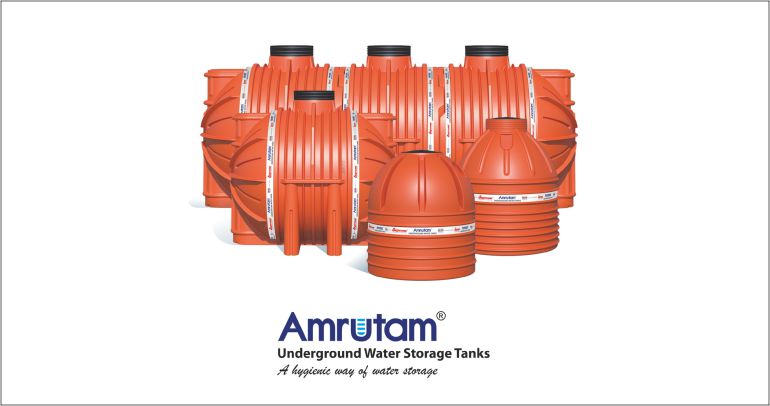

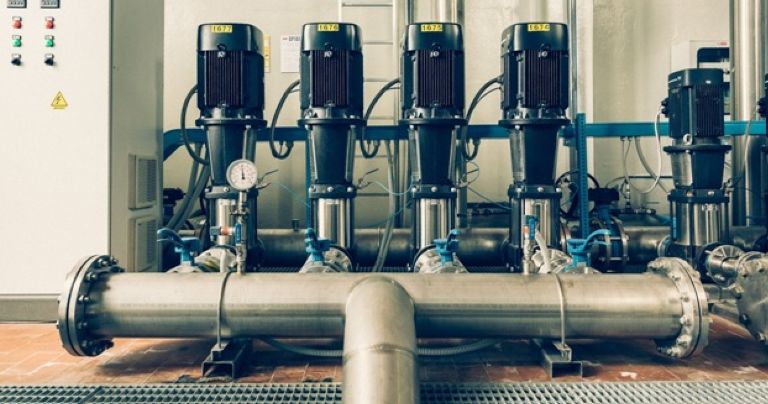
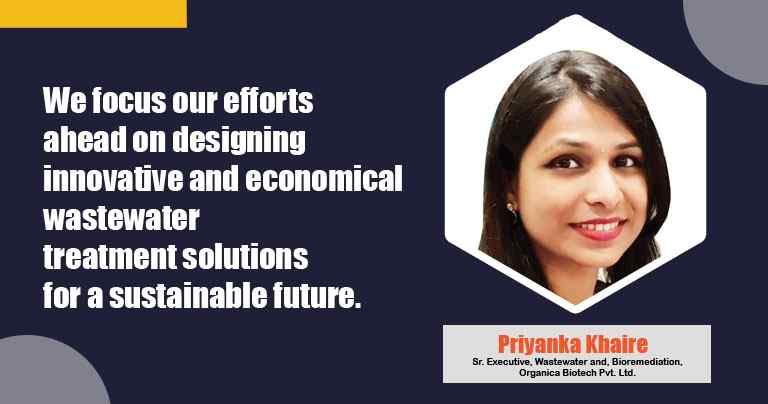
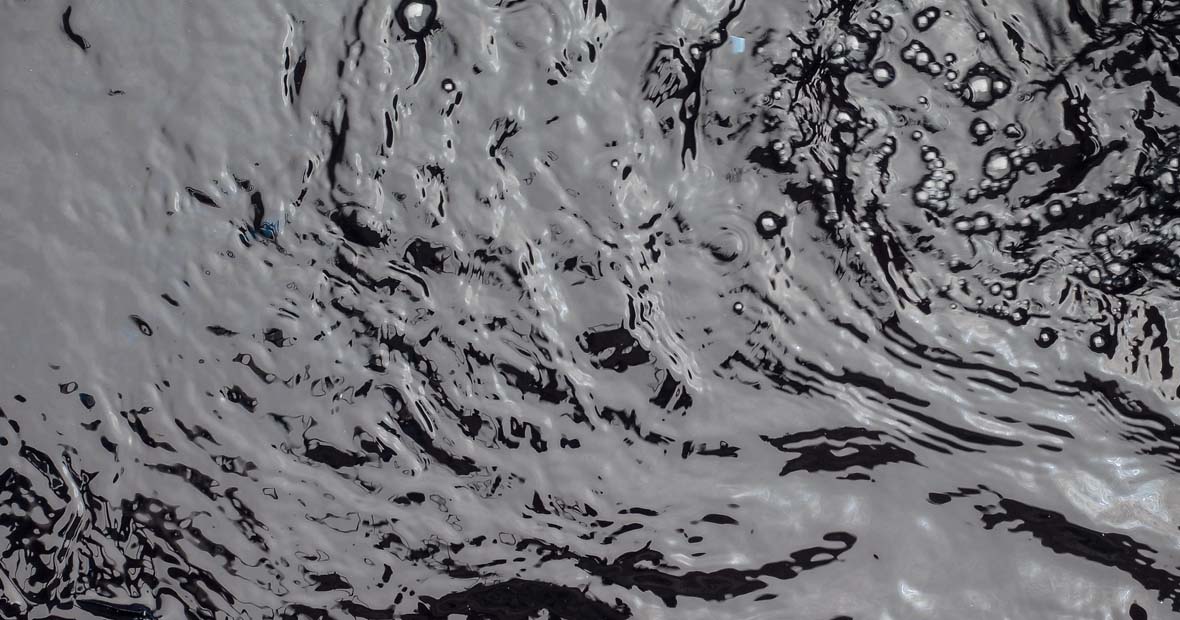
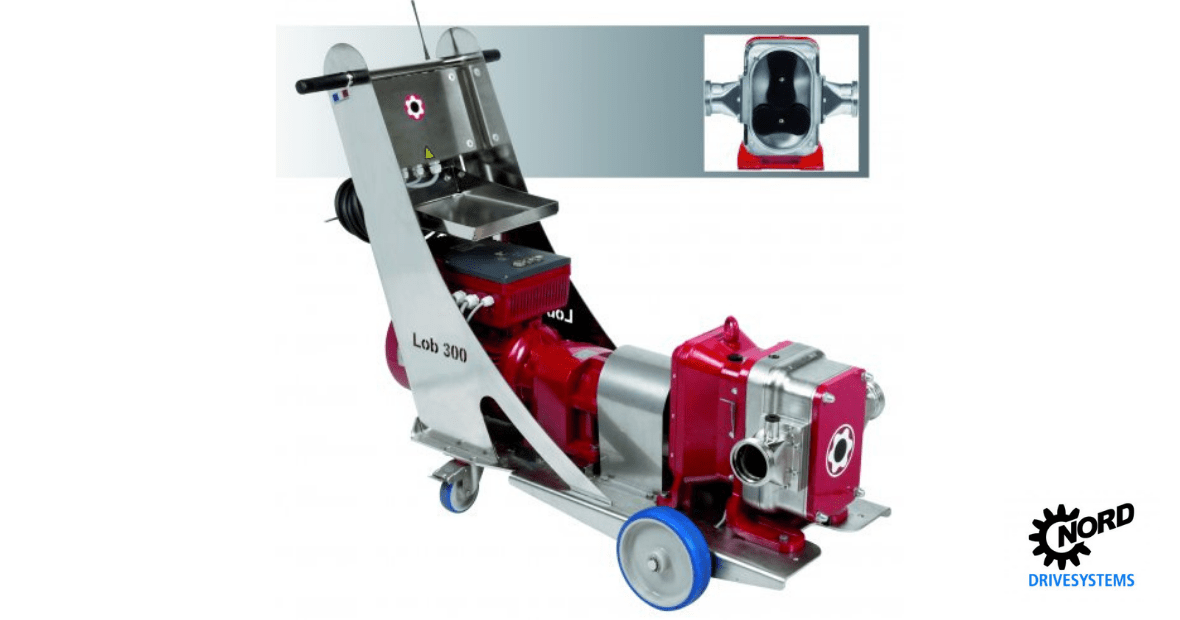


























-20240213125207.png)

























